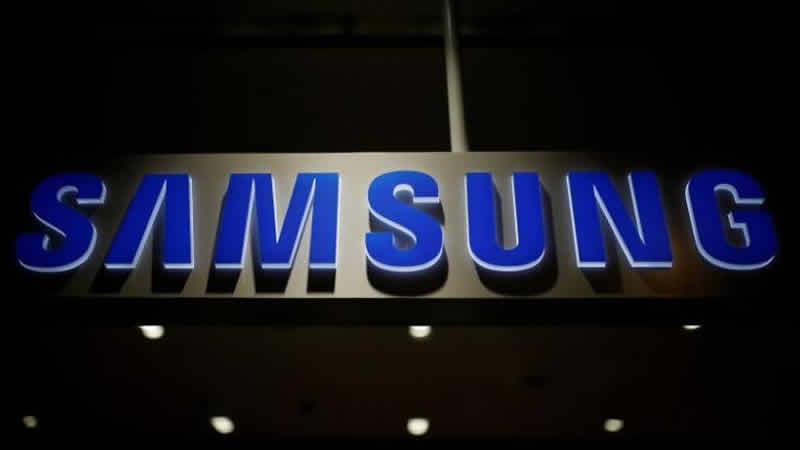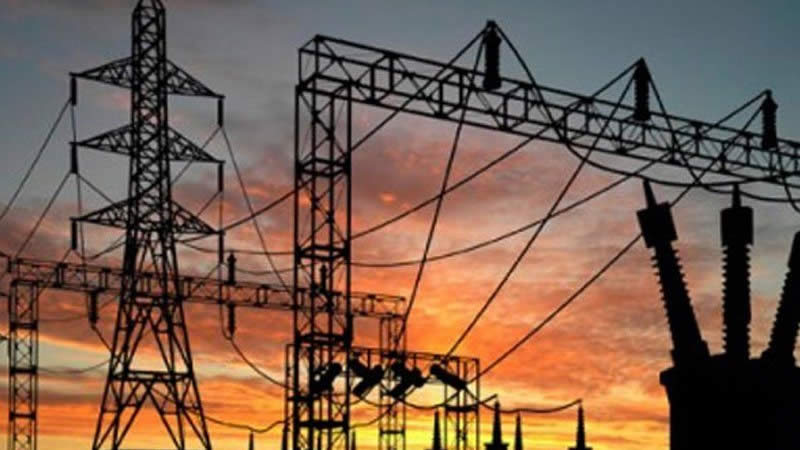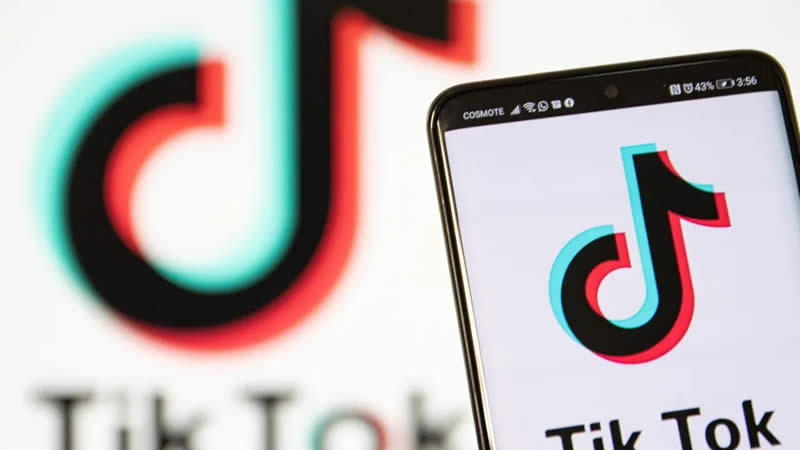 Satellite broadcaster BSkyB is returning £1bn to shareholders angered by the recent fall in share prices.Its shares have fallen sharply in the past month after News Corporation abandoned its bid for BSkyB amid the phone-hacking scandal.The company said it had gained 426,000 customers over the past year.Operating profits, excluding earnings from non-core activities such as investments, rose 23% to £1.07bn, while pre-tax profits fell 15% to £1.01bn.On Thursday, BSkyB’s board confirmed that James Murdoch would stay on as company chairman, despite the phone-hacking scandal at News International, a News Corporation subsidiary where Mr Murdoch is also chairman.
Satellite broadcaster BSkyB is returning £1bn to shareholders angered by the recent fall in share prices.Its shares have fallen sharply in the past month after News Corporation abandoned its bid for BSkyB amid the phone-hacking scandal.The company said it had gained 426,000 customers over the past year.Operating profits, excluding earnings from non-core activities such as investments, rose 23% to £1.07bn, while pre-tax profits fell 15% to £1.01bn.On Thursday, BSkyB’s board confirmed that James Murdoch would stay on as company chairman, despite the phone-hacking scandal at News International, a News Corporation subsidiary where Mr Murdoch is also chairman.
BSkyB chief executive Jeremy Darroch told BBC News he did not think Sky’s broadcasting licence was at risk, regardless of what the investigations into News International and News Corporation found.”The licence is held by the company (BSkyB) and the company is controlled by a majority of independent directors at board level,” he said.”We have got strong systems of control and strong standards right throughout Sky. It just makes me even more determined to ensure that they stay in place.”BSkyB is raising its dividend 20% to 23.28 pence per share and has announced a £750m share buyback.This should help to placate shareholders, as the value of their shares has fallen 15% since in the past month. BSkyB increased its customer base by 426,000 in the year to give it a total of 10,294,000 subscribers.
Average revenue per customer grew £31 to £539.One of the key targets for media companies at the moment is persuading customers to subscribe to more of their products, combining fees for television access with services like broadband internet access and landline telephone services.”Critically, they’ve put on a 37% increase in triple-play, that’s people who take pay-TV, telephone and broadband,” said Steve Hewlett from BBC Radio 4’s Media Show.”That’s the holy grail – that’s what everyone is after, and they’ve now got 27% of their customers, 2.8 million people, taking all three services. – BBC











